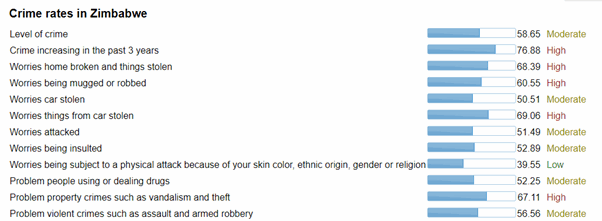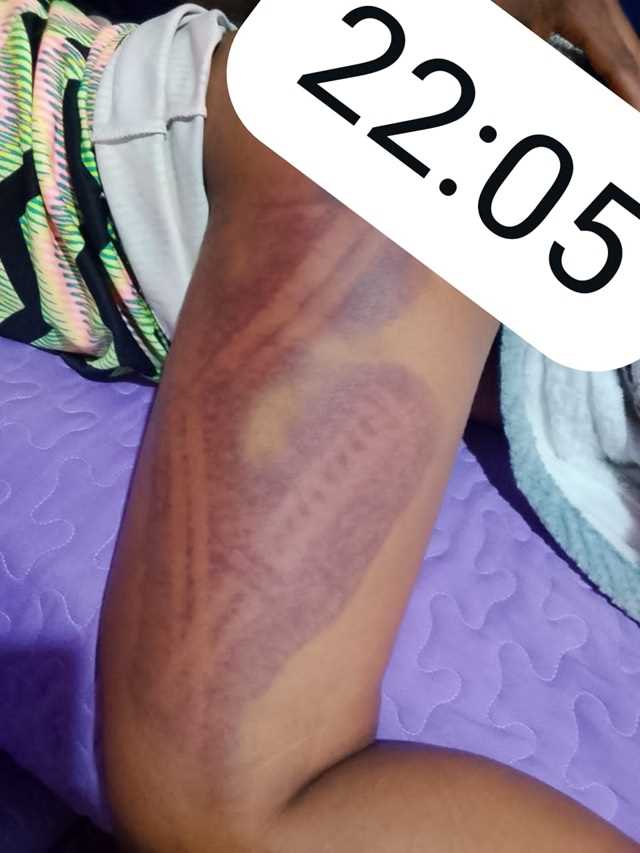Zim Now Writer

The 392 guns surrendered so far under the Presidential Firearms Amnesty make up a miniscule percentage of the total estimated illegal arms in the country.
This means gun crimes are unlikely to come down any time soon, a private security consultant has said.
“When you look at the estimated numbers of illegal firearms in the country, the number surrendered so far is insignificant and likely to have no impact on the armed crime rates we are experiencing,” said the private security consultant who spoke to Zim Now. He asked to be identified as Mr Tendai Ncube, citing industry protocols.
GunPolicy.org which provides evidence-based, country-by-country intelligence from a broad range of official and academic sources confirms Mr Ncube’s assertion.
https://www.gunpolicy.org/ using various sources including surveys says the number of guns in civilian hands in Zimbabwe was estimated at 455 000 with over half being illegally held: “2017 estimates indicated that of the estimated 455 000 firearms in the hands of civilians, the majority (264 315) were unregistered.”
Sources of illegal arms include international gun smuggling, theft from legal owners and home-made weapons.
Neighbouring South Africa has high gun crime rates and the porous borders between the two countries make the smuggling of guns feasible.
There have been reports of guns being stolen from the army and other security agencies as well as from registered firearms holders.
https://www.gunpolicy.org also ranks Zimbabwe as one of top six countries in Africa where home-made weapons incidences are high. The others are Guinea, Mali, Namibia, Senegal and Tanzania
“A homemade gun is a firearm made by someone other than a licensed firearms manufacturer or gunsmith. These guns can range in quality from crude hunks of metal to sophisticated pieces of weaponry,” according to https://www.criminaldefenselawyer.com/
Related Stories
The private security consultant says that while murder and suicide cases are sensationalised, it is armed robberies that Zimbabweans are most at risk of.
“Incidences of armed robbers blatantly walking into businesses and private residences are increasing. While the situation may escalate and fatalities occur, the rates are very low,” Mr Ncube said.
The Global Status Report on Violence Prevention 2014 puts Zimbabwe gun homicides at 2 percent of total murder cases in the country.
Police records say more armed robberies from January to October 2021 netted over US$5 million with several high profile cases involving private security company guards. One international remittance agency was targeted several times at different branches spread across the country.
Mr Ncube advised businesses and individuals to reduce the amount of cash and valuables they keep on their premises to reduce their chances of being targeted. He also said other measures can be taken.
“For companies, investment in technology such as automated access with cameras and recording capacity are a must, in addition to human guards. Secret alarm panic buttons backed up by efficient response services will also help in case of attack.
“For individuals, residences must be secured against breach by hard to scale walls, superior locking mechanisms, alarms and security cameras are all ideal,” said Mr Ncube.
He also encouraged residents and businesses in the same area to join hands in forming and funding neighbourhood watch patrols as these deter most opportunistic criminals.
Private Security Sector expert Dr Abel Mubango also urged collaboration between business and private sector security services to reduce crime rates.
“We want to take this opportunity to implore the business community and the private security sector to periodically engage in such forums so that they can share ideas and help reduce the loss of money due to armed robbers. In the past such cases have been on the increase,” he said on the side-lines of a recent security symposium.
The Presidential Firearms Amnesty is open until the end of this month.


















Leave Comments